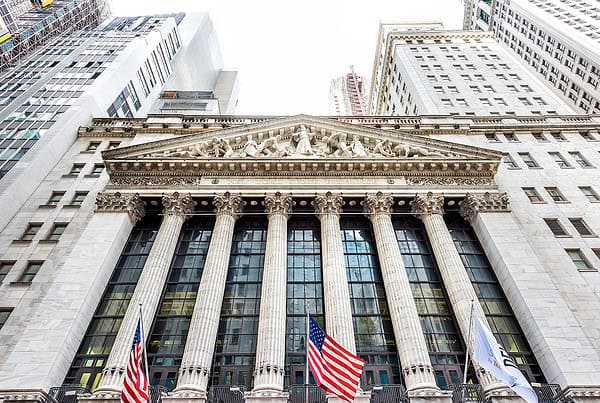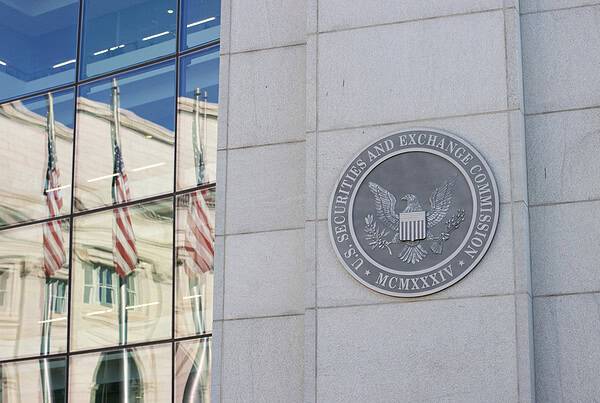Who has committed market abuse?
Michael Douglas? Eddie Murphy? Both?
We’ll come back to that in a moment. In the meantime though, let’s consider cleanliness. A hot topic since Covid-19 hit; who can forget Boris Johnson imploring us to wash our hands whilst singing ‘Happy Birthday’ twice. But there is also market cleanliness – the degree to which financial markets are sullied by illicit activity.
This illicit activity can take a number of forms. There’s insider dealing and its close cousin, unlawful disclosure of inside information. Then there’s manipulating the market, which could be achieved by implementing one of a number of unlawful trading strategies; many of which have ‘exotic’ monikers such as ‘pump and dump’ and ‘painting the tape’.
These activities – and more besides – come under the banner of ‘Market Abuse’.
Lawmakers and regulators will argue that it’s essential for financial markets to be as ‘clean’ as possible. The integrity of the markets are aligned with people’s confidence in them, and this confidence can be easily eroded if there is too much mischief. In addition, whenever someone makes money by not playing fairly, it means that someone else has been unfairly disadvantaged. It’s one thing to lose money based upon poor investment decisions or unfortunate market conditions. It’s quite another to lose money because someone else has cheated.
All investment firms have market abuse risk, to a greater or lesser degree. It’s important for such firms to appreciate the nature and magnitude of the risk. Equally important is ensuring that all employees are aware of these risks and are also armed with sufficient information so that they don’t fall foul of the market abuse offences – which could carry hefty prison sentences – or of the regulators.
Our RQC Group Market Abuse course seeks to educate staff members at investment firms on the risks, and what they can do to manage those risks. The course is for everyone; just as the flap of a butterfly’s wings in Brazil could set off a tornado in Texas, a misdeed or mistake by any given individual within an investment firm could have wide ranging and possibly unpredictable adverse outcomes.
The course is one hour long and can be viewed in several sittings on various devices (PC, laptop, tablet and mobile devices). It features in-course interactive quizzes and case studies and concludes with 10 questions designed to test the knowledge gained from the full course.
Returning to our original question then. Aficionados of movies from the 1980’s will be familiar with ‘Wall Street’, featuring Michael Douglas as Gordon Gekko, financier (and all-round hero/anti-hero, depending on one’s perspective) par excellence. Then there is a more comedic flick from the same era – ‘Trading Places’, featuring Eddie Murphy and Dan Ackroyd who hatch a scheme to insider trade on commodities futures in order to gain revenge on their greedy bosses. Whilst Gekko was blatantly an insider trader, the protagonists of Trading Places were not, since they obtained the inside information from a misappropriated government information which was not a crime at the time that the film was set. Upon making this illegal some time later, the Chairman of a US regulator referred to the ban as the ‘Eddie Murphy rule’.
Click here for further information about our ‘Market Abuse Training for UK Investment Firms’ e-learning course.












